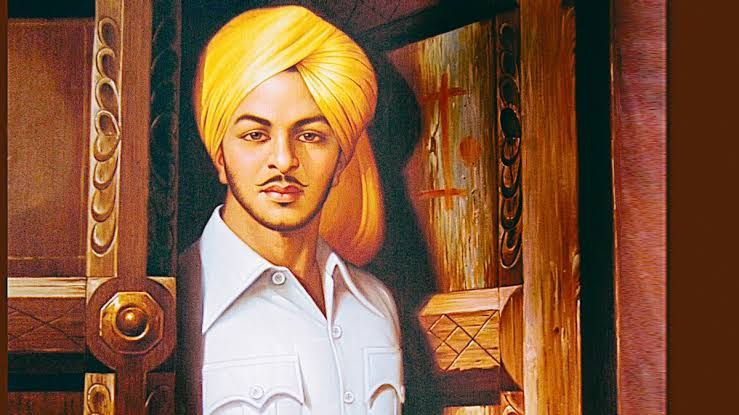Bhagat Singh was a revolutionary socialist considered to be one of the most influential revolutionaries of the Indian independence movement. He was born into a Punjabi Sikh family in 1907 and became involved in revolutionary politics at a young age. Singh was a charismatic leader who believed in the power of armed struggle to bring about Indian independence from British rule.
In 1928, Singh and several other revolutionaries were arrested for their involvement in a bombing campaign aimed at killing British officials and British-owned buildings. The bombing was in protest against the passing of the Public Safety Bill and Trade Disputes Act, which granted the British government sweeping powers to suppress political dissent. Singh and his co-conspirators were put on trial and sentenced to death.
Singh’s trial and execution generated widespread public sympathy and outrage among Indians, who saw him as a symbol of resistance against British rule. His death became a rallying point for the Indian independence movement, inspiring increased political mobilization and support for independence.
In addition to his political activism, Singh was also known for his ideas and writings, which advocated for socialist revolution and the abolition of caste, class, and gender-based oppression. He was a firm believer in the principles of equality and justice, and his writings continue to inspire social and political activists in India and around the world.
Singh’s legacy as a revolutionary socialist and a leader of the Indian independence movement continues to be celebrated in India. He is remembered as a martyr and a symbol of resistance against colonial oppression, and his legacy continues to inspire generations of Indians to work towards a more just and equal society.
In conclusion, Bhagat Singh was a charismatic and influential leader of the Indian independence movement who believed in the power of armed struggle to bring about Indian independence. He was a firm believer in the principles of equality and justice, and his death became a rallying point for the independence movement. Singh’s legacy as a revolutionary socialist and a leader of the Indian independence movement continues to be celebrated in India, and his ideas and writings continue to inspire social and political activists in India and around the world.





Leave a Reply